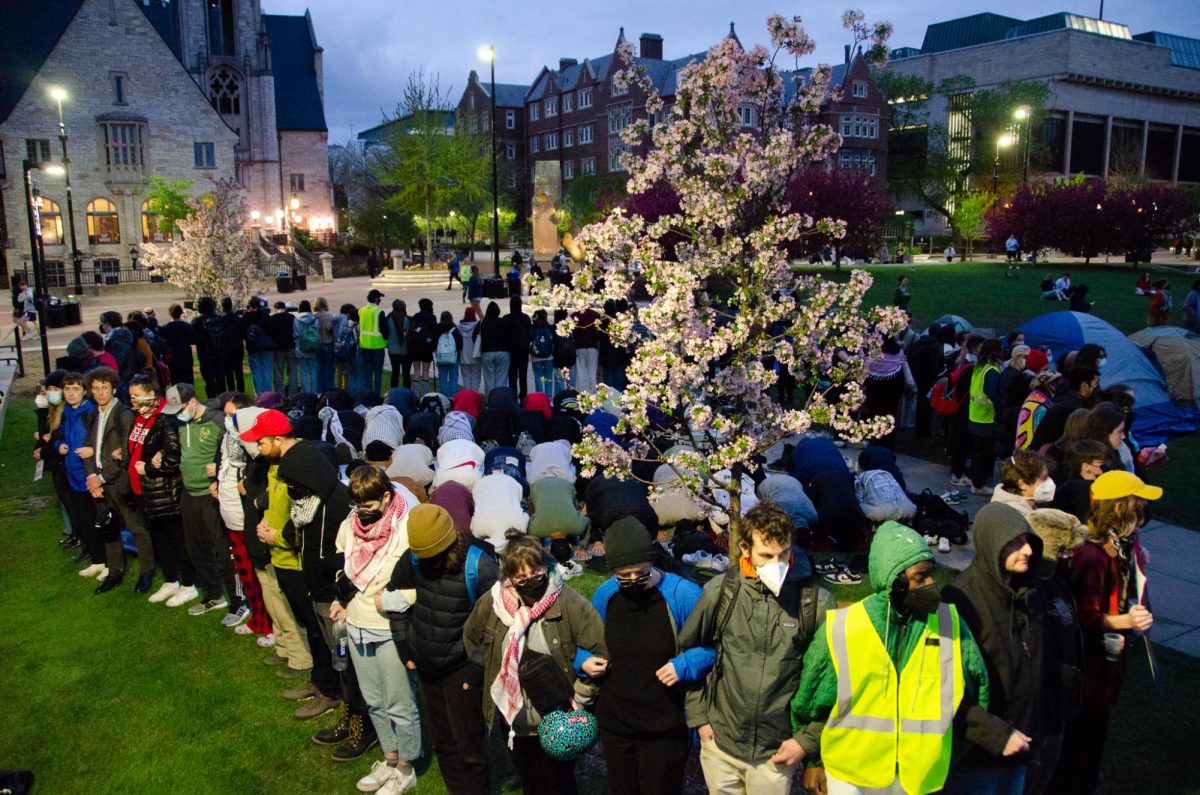One third of Wisconsin’s 72 counties are without a practicing obstetrician or gynecologist — a figure that predominantly affects the state’s rural areas.
It is a gap that the University of Wisconsin School of Medicine and Public Health is looking to fill beginning this November, when they will start interviewing medical students for the nation’s first-ever rural obstetrics and gynecology residency program.
When interviews are complete, one student will be chosen for the program, where they will spend two-month blocks of time at rural training sites for six months per year.
Given that UW’s six-student obstetrics and gynecology residency program has never had a rural resident, it represents a big step for the program.
Dr. Brenda Jenkin of Divine Savior Healthcare in Portage, Wisconsin, who will be one of the physicians ultimately working with the medical students, said rural residency programs are key to helping medical students envision themselves working in a rural area down the road.
“When residents do their residency, they’re in these urban [settings],” Jenkin said. “So, that’s what they’re familiar with. And for the most part they don’t get a chance to work in a rural community, so it’s kind of scary to think about how different it is to work in a rural community.”
The use of rural residency programs to supply rural areas with trained physicians is not new. But UW Obstetrics and Gynecology educational program manager John Street said the creation of a rural program dedicated to training OBGYN medical students in Wisconsin’s rural areas could be the first step in creating a pipeline for the shortage of OBGYN practitioners in rural areas across the country.
If the shortage could be alleviated, it would mean a much-needed improvement in the lives of rural women.
Currently, without obstetricians and gynecologists in rural areas, clinics must either place many of the OBGYN’s responsibilities, such as maternity care, birthing babies and C-sections onto the family doctor, or refer patients elsewhere.
Jenkin said clinics also sometimes have limits on the types of patients they can accept, meaning they might not be able to take care of a higher risk patient.
“The rural environments are underserved,” Jenkin said. “In lots of places the family medical doctors are doing deliveries and the general surgeons are doing the C-sections.”
Street warned that requiring patients to travel long distances to access health is a formidable obstacle for them to receive the appropriate care on time, which can result in serious health problems.
UW pharmacy professor works to protect heart disease patients from the flu
But Street said this program is about more than just accessibility to OBGYN practitioners. For many of these rural hospitals and clinics across the country, practicing obstetricians and gynecologists would help generate revenue to keep the hospital and clinic doors open.
Because of their success in establishing this new residency, which requires administrative approval and additional funding to pay the resident’s salary and education, Street said other residency programs interested in establishing a similar initiative have already started to reach out.
It is this kind of interest, he said, that he hopes will inspire other residency programs across the country to establish their own rural residency programs. To increase awareness about the opportunity they are pushing the idea through major medical publications and conferences around the country.
“We’re just really excited about the possibilities,” Street said. “We think that by being the first, we’ll help generate more interest in the topic and create a pipeline that will supply obstetricians and gynecologists in rural areas across the country. And with the projected physician shortage in the next couple of decades, it’s something that has to be addressed now.”


















